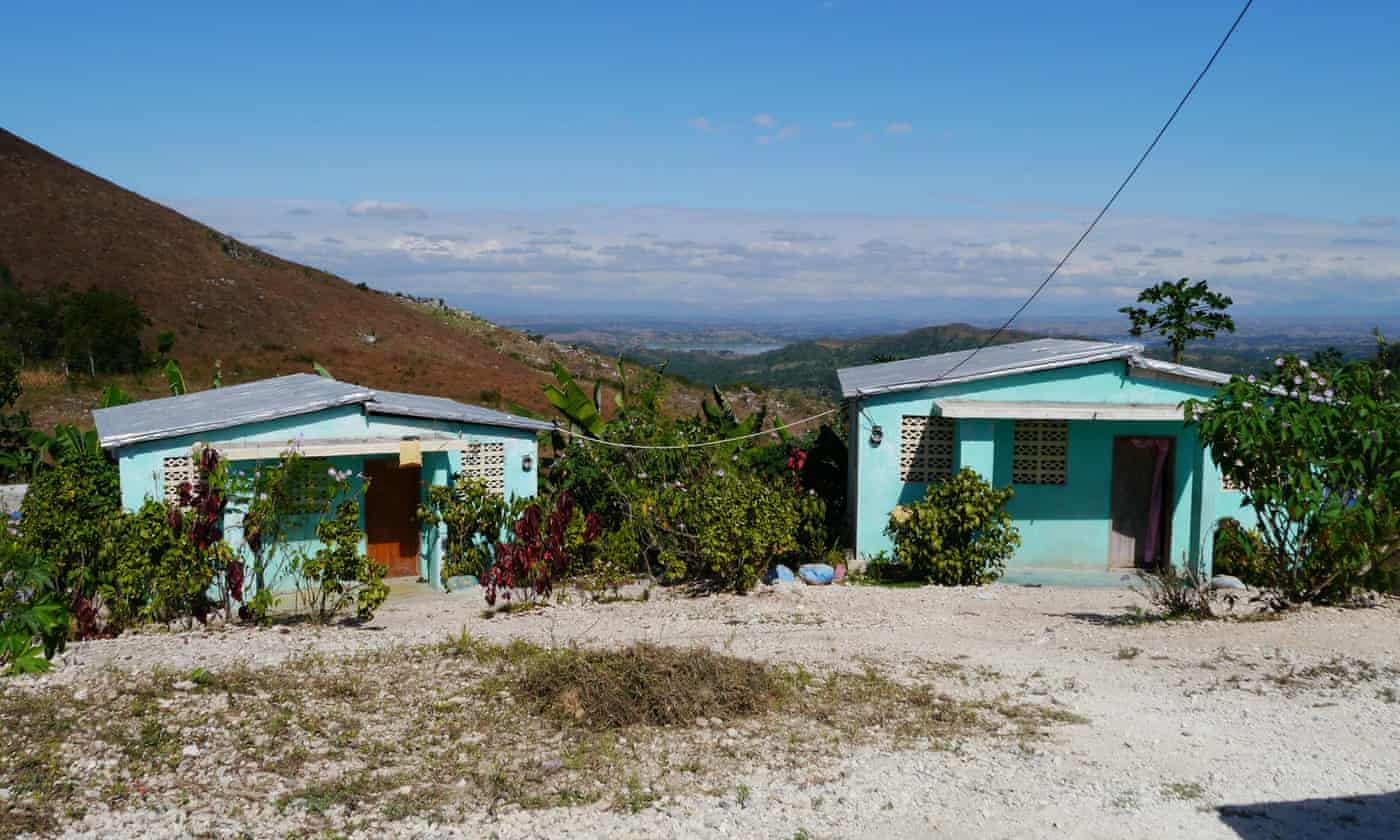Inclusive Multi-faith Collaboration in Haiti Reaches 150,000 People
March 29, 2021The Multi-religious Humanitarian Fund resources COVID-19 digital advocacy campaign and provides practical economic assistance in the most coordinated, far-reaching, multi-faith response ever witnessed by religious leaders in the country
A magnitude 7.0 earthquake struck Haiti on the afternoon of 12 January 2010, quickly becoming the most devastating natural disaster ever experienced in the country. Approximately 250,000 lives were lost and another 300,000 people were injured.
This humanitarian crisis was the catalyst for the founding of Religions for Peace Haiti, but this Interreligious Council’s multi-faith collaboration continues to this day and has included promoting good governance and responding to natural disasters and public health concerns, among many other challenges. When the COVID-19 pandemic reached Haiti’s shores, the Interreligious Council was able to respond immediately by turning to Religions for Peace’s Multi-religious Humanitarian Fund (the Fund).
Humanitarian relief is nothing new to Haiti, but very few efforts even attempt to address and diffuse the long-simmering tensions between religious groups in pursuit of long-term development and peace.
However, sustainable and experienced efforts led by Haitians for Haiti are sorely needed, according to Rev. Clement Joseph, Secretary General of Religions for Peace Haiti, and this is precisely what Religions for Peace Haiti provides.
When the COVID-19 pandemic hit, it was clear that this established model of cooperation and coordination among diverse faith actors would be critical to getting knowledge, resources, and tangible supplies to communities in need.
The Fund provided the resources for Religions for Peace Haiti to launch a far-reaching, multi-faceted, and collaborative response to the COVID-19 crisis. In his decades of work, Rev. Joseph says that he has never seen such thorough cooperation in Haiti.
The Fund provided the resources for Religions for Peace Haiti to launch its first digital advocacy campaign, reaching an estimated 150,000 people. Sewing machines have also been distributed to vulnerable families in various religious communities, facilitating economic independence for those unable to find work during the pandemic.
A video series on the ‘8 Pillars of Positive Peace’ is also being produced by diverse faith leaders. These pillars highlight the fundamental requirements for a thriving and equal society according to the Global Peace Index of Institute for Economics and Peace, a long-term partner of Religions for Peace. Other digital, multi-faith efforts have addressed COVID-19 misconceptions and the rising levels of domestic abuse.
The work of shifting a culture to view religious diversity and cooperation as a solution to its challenges, as opposed to an inevitable fault line, is no easy feat. However, the Multi-religious Humanitarian Fund facilitated Religions for Peace Haiti’s ability to expand its reach through the creation of digital content, which in turn, expanded its robust network of faith leaders and communities.
The Fund’s impact has been across the country – where religious leaders and communities are now merging their resources, expertise, and capacities to meet the needs of all Haitians.
